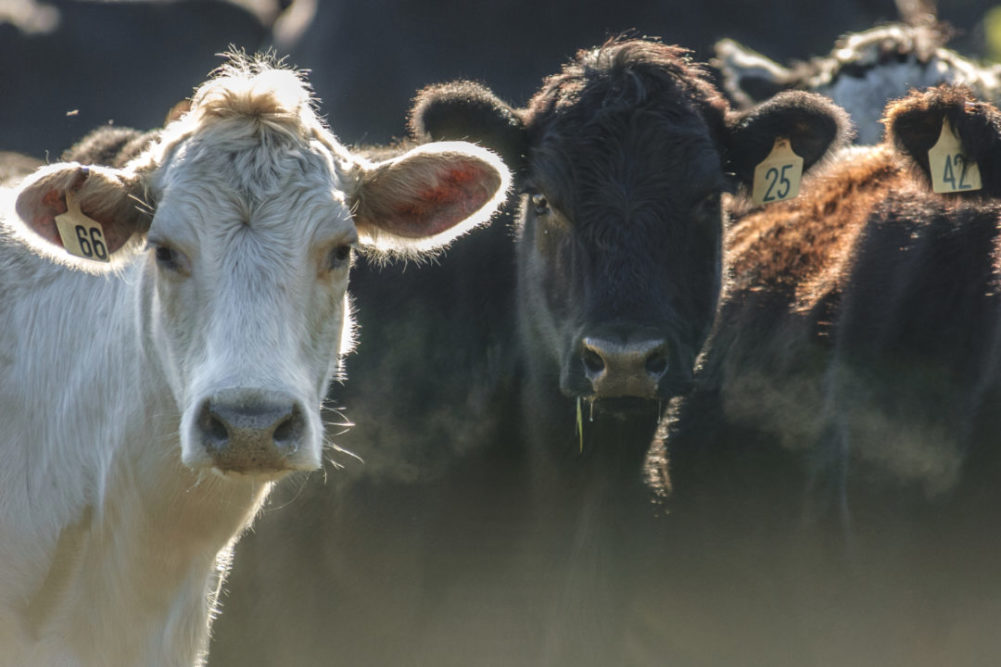SÃO PAULO – The Ministry of Agriculture in Brazil confirmed two cases of atypical bovine spongiform encephalopathy (BSE). The cases were identified at meat plants in the Brazilian states of Minas Gerais and Mato Grosso, the agency said.
Brazil temporarily suspended exports of beef to China, the top customer for Brazilian beef. Slow growth in domestic beef production is driving steady increases in prices for beef in China.
In a report filed with the World Animal Health Organization (OIE) of the United Nations, a sample was taken from an 11-year-old beef cow destined for emergency slaughter. After detection of the presence of prion antigens at the National Agricultural Defense Laboratory of the state of Pernambuco (LFDA/PE), the samples were sent to the OIE Reference Laboratory for BSE at the Canadian Food Inspection Agency (CFIA) in Lethbridge, Alberta, which confirmed the positive test Sept. 3, 2021.
“This is the fifth case of atypical BSE identified during 23 years of surveillance in Brazil,” the OIE report said. “The last case was detected in 2019. This case and the case reported in the State of Minas Gerais are isolated events, detected at dates close to each other. The specified risk materials were duly removed and destroyed. The meat and other products of this animal will not enter the food chain and do not represent a risk to ruminant populations. The investigation has been completed.”
Atypical BSE occurs spontaneously and sporadically and is not related to the consumption of contaminated foods. Brazil notified relevant agencies in China in compliance with animal health agreements between the two countries.


